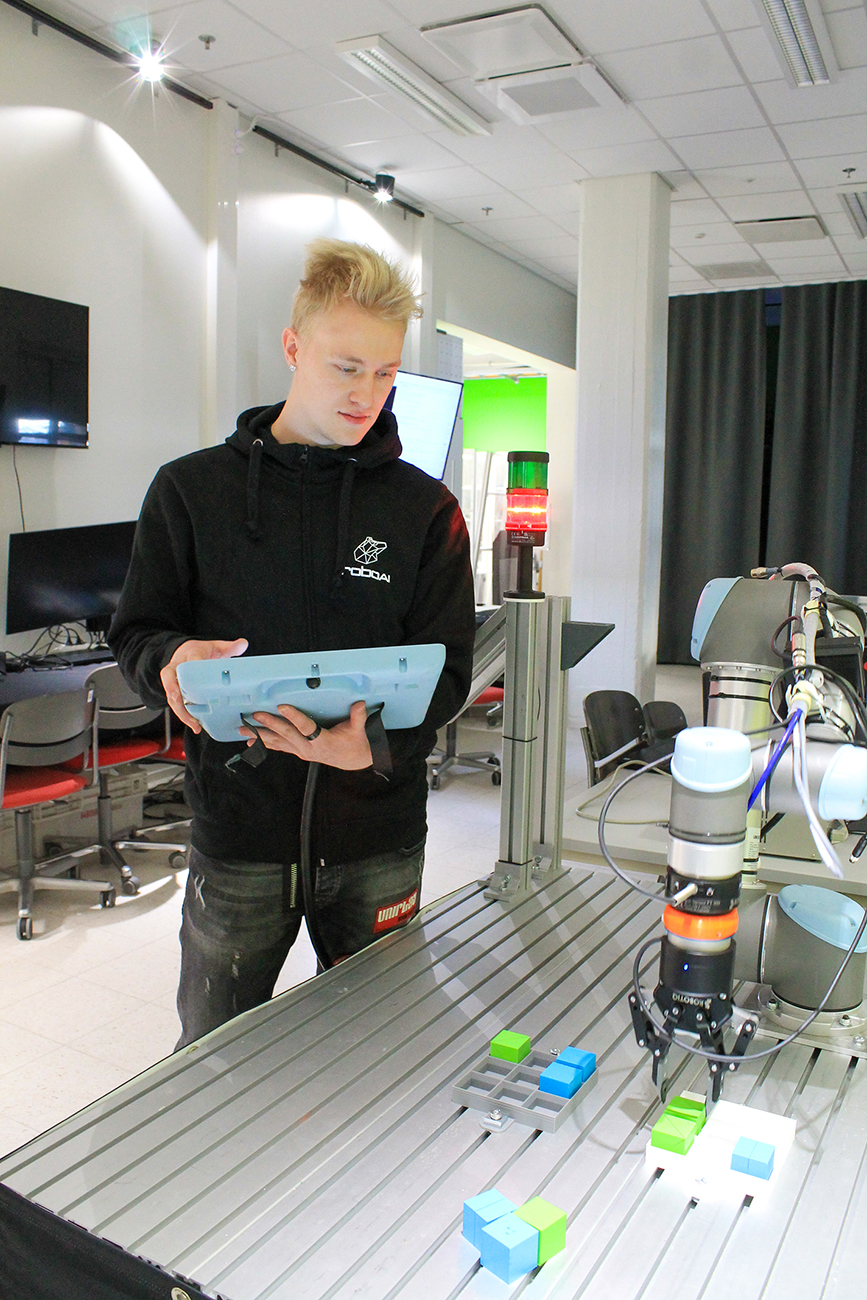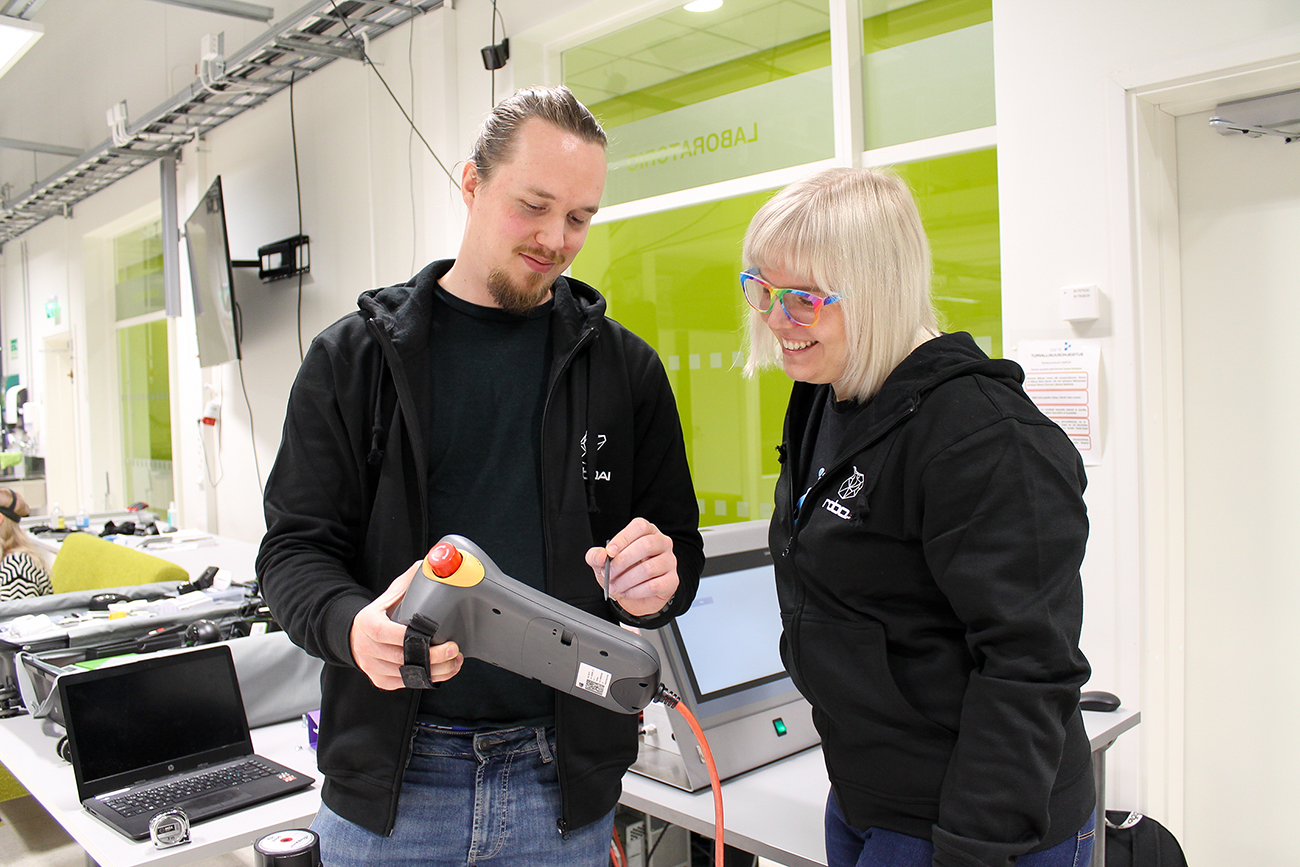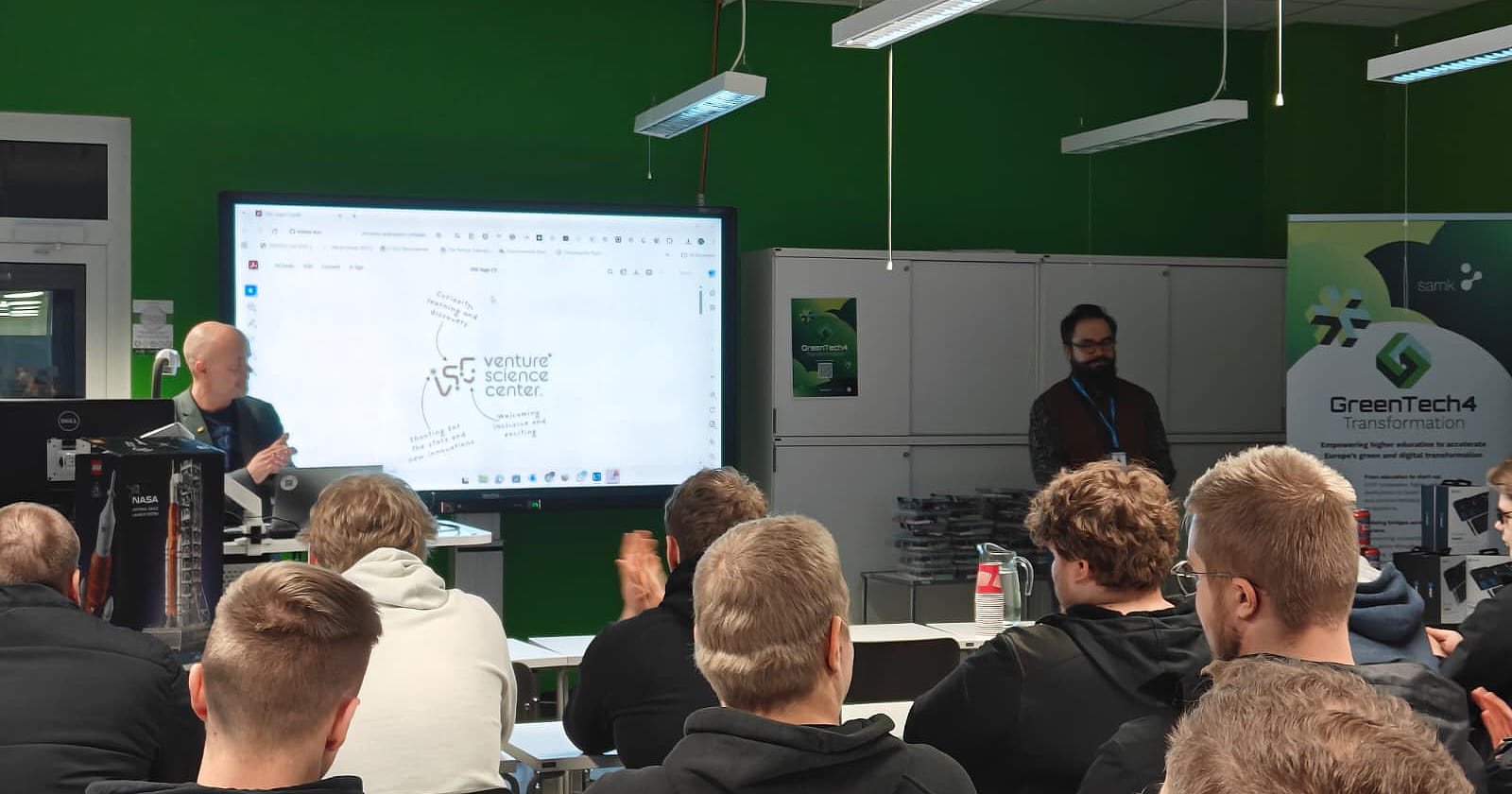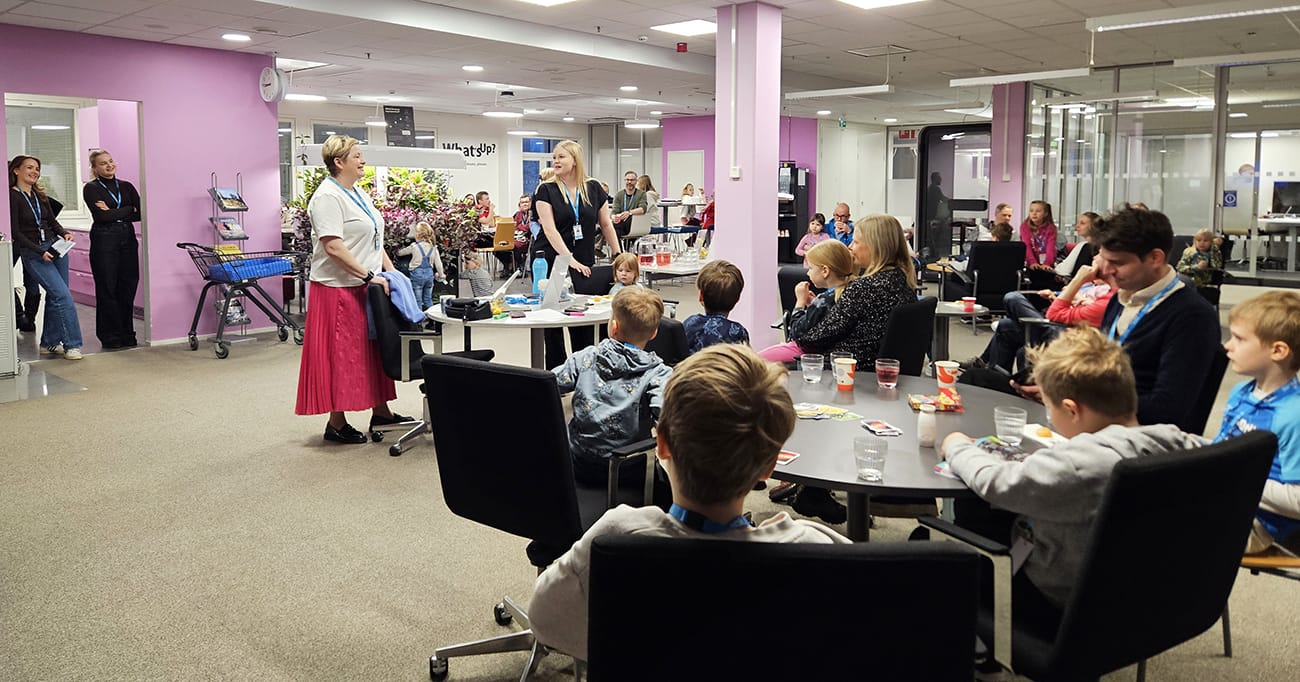This change is not just a change of name, but will bring with it an expansion in artificial intelligence, the size of the student group, and the content of the projects. At the Robotics Academy, studies have focused on automation, robotics, machine vision and simulation, for example. In the RoboAI Academy, AI, data analytics, neural networks and a wide range of programming skills will be added to all this.
The Academy’s reforms include an increase in the number of students from the current 20 to 30, which will allow 10 new places to be offered to those interested in studying at the Academy. This change is in response to the growing demand for learning-by-doing-based engineering skills in robotics and AI. In addition, the new student composition will provide an opportunity for interdisciplinary learning, where students of electrical and automation engineering and artificial intelligence can learn from each other and gain valuable experience in each other’s areas of expertise. This approach will better prepare students for the rapidly evolving technology sector, where cross-disciplinary programming and AI skills at the hardware interfaces are the key.

Another notable change is the adoption of English as the Academy’s main language of operation, which will contribute to the Academy’s internationalisation and prepare students for the global labour market. Although the technological knowledge used in past projects has largely been in English, this change makes the language a key part of the RoboAI Academy’s daily life and increases the students’ skills in an international environment.
The focus of the RoboAI Academy will remain the same, including a wide range of practical technology skills, teamwork, project learning, enthusiasm and problem-solving skills. These will be used to produce students with open-minded problem-solving skills and an ability to think through difficult issues. This approach ensures that new engineers are ready to take on responsibility and solve a wide range of problems in the world of engineering.
All interested are welcome to learn more about the RoboAI Academy’s offerings on 28 March at SAMK, class C213 at 9am. The application period for the academy is open from 25 March to 14 April, offering a great opportunity to participate in the technology education of the future.



